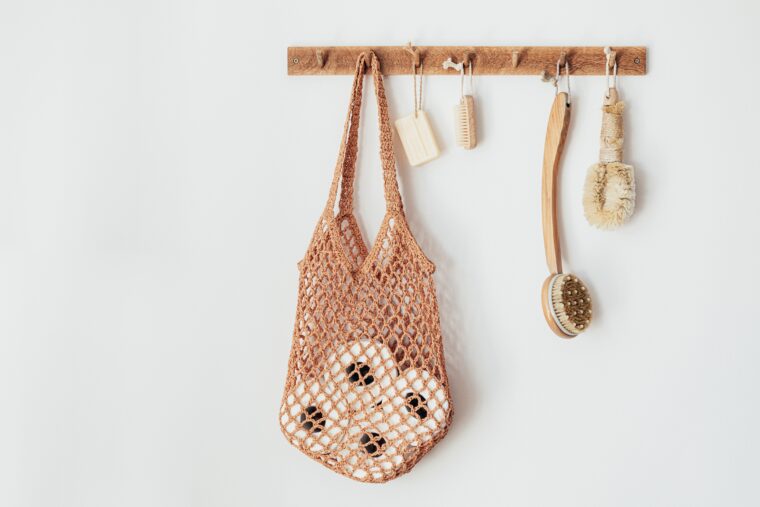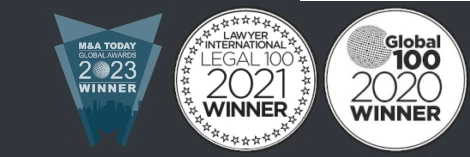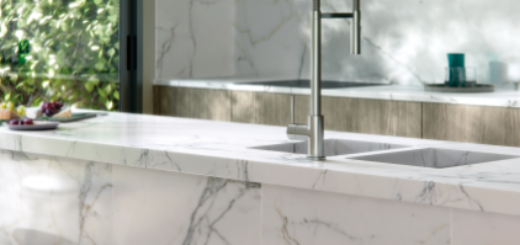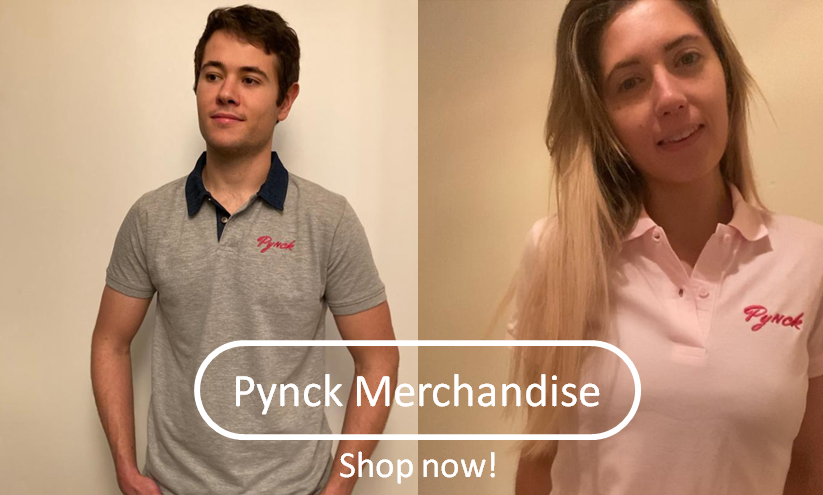Zero-waste Personal Care

Remember microbeads? You could call microbeads the ‘plastic straw moment’ for the personal care sector. We could all rally around their demise. Last year, legislation banning the use of microbeads came into effect in Ireland, making us the first country in the EU to do so. However, eliminating them did not fix everything. Each year, waves of heighted public consciousness pulls back more and more layers, revealing the scale of the problem. According to Zero Waste Week, the beauty industry generates over 120 billion units of packaging a year. Environmental activists are keen to point out that the rate of plastic packaging that ultimately gets recycled is dismally low, especially among the small, fiddly, and heavily coloured plastics notorious in cosmetics.
In order to assuage their consumers growing climate anxieties and ethical concerns, many personal care brands have begun serious overhauls. The global market for vegan cosmetics, for example, has seen steady growth for years and is expected to reach 20.8 billion U.S. dollars by 2025. Brands like Upcircle have championed natural, organic ingredients or the repurposing of bi-products from other industries (like coffee grounds). Avenda has recently become the first beauty company manufacturing its products primarily through wind power. Nonetheless reducing plastic packaging remains one of the most motivating elements of sustainability for consumers, and one of the biggest hurdles for the industry. Some are calling it ‘The Blue Planet Effect.’ We can see plastic amassing around us—washing up on beaches and piling up in landfills. This is calling us to action. Research by YouGov found that 46% of people in the UK feel guilty about the amount of plastic they use, jumping to 51% among the 18-24 age bracket. 69% agreed that companies should be legally required to produce eco-friendly packaging, even if it caused prices to go up.
Here are some of the ways that beauty and personal care brands are responding:
Better Recycling
We all know we should recycle, but figuring out how to recycle specific products can be a mindfield. We are also frequently limited by which commercial recycling services are offered locally. Lush and Kiehls offer incentivised collection schemes for empty packaging in store. Other brands have partnered with Terracycle or Loop to facilitate specialised recycling. Using ‘post-consumer’ materials such as ‘ocean plastic’ and recycled paper is also becoming a popular trend. Love Beauty and Planet, a Unilever brand, have made this a cornerstone in their sustainability mission. Critques point
Refillable & Reusable
Another challenge is that many personal care products have long been designed to be single use. Over the last few years, staples like cotton rounds and cotton buds have been getting reusable makeovers from brands like Face Halo and Last Object. Garnier recently launched their own version of reusable makeup removing pads. However brands such as L’Occitane and Bathing Culture have branched out into refillable products as well. Kjaer Weis makes refillable eyeshadow pallets and lipstick tubes. Kan Kan serves up the refills for their bath products in aluminium cans. Some packaging-free retailers such as Wild Terra in Los Angeles and The Source Bulk Foods in Dublin now sell products like body lotion, facial cleansers, and shampoo at bulk ‘fill stations’ to customers who bring their own jars.
Biodegradable Packaging
As biodegradable technology improves, brands are side-stepping conventional materials entirely. Last year, Wildsmith Skin began rolling out packaging made from mushrooms. Bolt Beauty offers biodegradable skincare capsules made from seaweed. Haeckels make ‘grown-to-order’ agar sheet masks which are also shipped in compostable packaging.
Solid, Plastic-Free Products
No packaging is arguably the most sustainable packaging, which explains the rise of products such as shampoo bars and toothpaste tabs. These days the choices for solid personal care products extend far beyond soap. From perfume, to mineral sunscreen, brands are increasingly creating solid products which serve sustainable goals in reducing plastic and water consumption. Ethique have a wide range of beauty bars for shaving, hair care, and deodorant. Beloved luxury skincare brand, Drunk Elephant offers two types of facial cleansing bars. Axiology has created what they are calling ‘the world’s first’ zero-waste beauty crayons which, like traditional crayons, are only wrapped in a thin layer of paper.
The anti-plastic revolution shows little sign of slowing down. Over the pandemic, people have become hyper-aware of their personal consumption and tuned into environmental issues more than ever. Consumers’ expectations of the beauty and personal care sector are at an all-time high. While brands must adapt to more sustainable packaging solutions, they also juggle the challenge of ensuring products still look premium and hygienic. To combat waste, brands must also look beyond the packaging materials towards their approach with influencers, press samples, and a worrying culture of excess. While rethinking such fundamental strategies may appear daunting in the short term, the long-term viability of your brand (and our planet) may soon depend on them.




